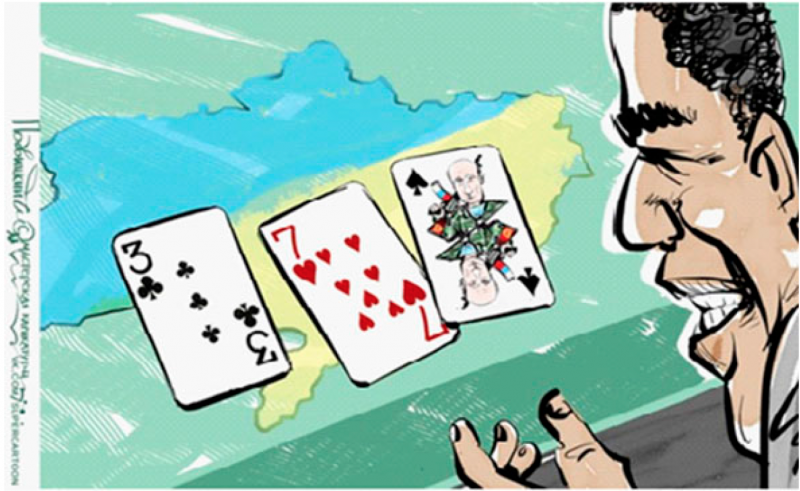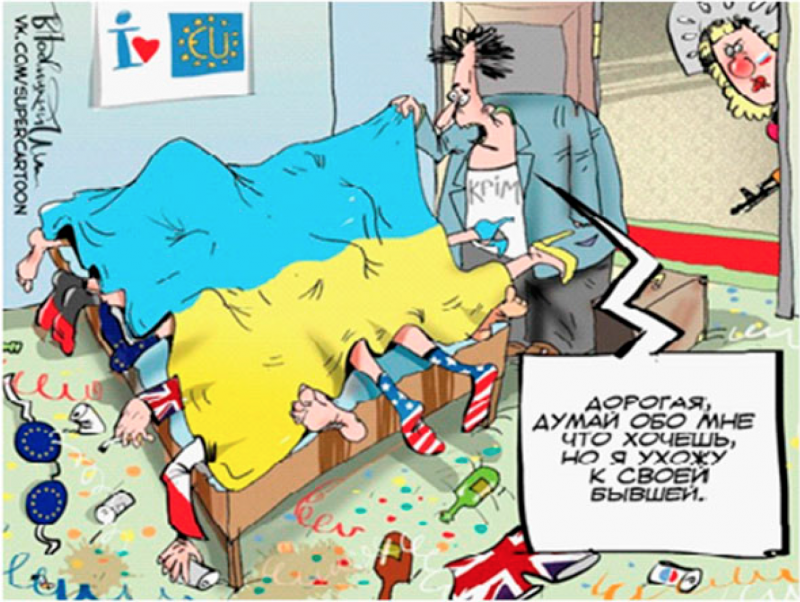'Crimea Is Ours!' Russian geopolitics and digital irony

In a new article published in the Journal of Eurasian Geography and Economics Mikhail Suslov, researcher at Uppsala University, analyzes how the annexation of Crimea in March 2014 has been represented and discussed on Russian-language social networks. The article discusses the paradox of 'digital disempowerment' but also how no state can control digital irony.
The central geopolitical Russian trope represents Crimea as the quint-essence of Russia, condensing East and West, historical memory of Russia's military spirit and Christian relics. Keeping this in mind, Mikhail Suslov's article discusses the phenomenon of 'digital geopolitics', that is the way in which grassroots are involved into speaking about - and thereby into doing - geopolitics.
In particular, the article analyses the paradox of 'digital disempowerment': on the one hand, digital environment fosters political activism, but on the other hand, geopolitical style of thinking disempowers because it creates the worldview, accroding to which personal political engagement is far less important that 'national intersests', 'great geopolitical games', and 'clashes of civilizations'.
Building on this paradox, Suslov argues that social networks enable pro-Kremlin users to actually participate in the annexation of Crimea by actively performing their position vis-à-vis their geopolitical adversaries.
At the same time, the intersection of geopolitics and new media produce a culture of 'cynical reason' (Sloterdijk). He discusses geopolitical irony and trolling as popular devises of 'cynical reason', which aim to fight against Western values. The state, however, cannot control 'digital irony' from developing into the anti-Kremlin weapon, ridiculing pro-govenrnments' initiatives.

"Thus, the hashtag 'Crimea is ours' became almost totally squatted by the opposition which produces hilarious effect by attaching this hashtag to news about disorders such as the falling ruble rate or busted sewage pipe in a provincial town", says Mikhail Suslov.
More information: Mikhail Suslov, "Crimea Is Ours!" Russian popular geopolitics in the new media age, Journal of Eurasian Geography and Economics: www.tandfonline.com/doi/full/1 … 5387216.2015.1038574
Provided by Uppsala University

















